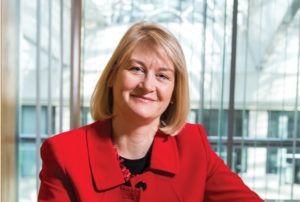
Brexit Update | Magrath Sheldrick LLP
The recent Government policy document leaked and published by The Guardian newspaper has given an indication of the post-Brexit immigration strategy. Despite not representing formal policy, given its unofficial status and the fact that the Government has yet to hear views from numerous stakeholders including the Migration Advisory Committee (MAC), current Government thinking is represented …












